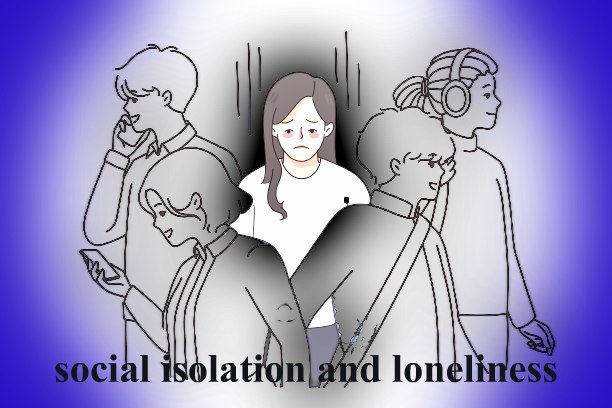Understanding Social Phobia: Overcoming the Fear of Social Interaction

Social phobia, also known as social anxiety disorder, is a mental health condition characterized by an intense and irrational fear of social situations and interactions. Those who experience social phobia often feel overwhelming anxiety and self-consciousness in social settings, leading to avoidance behaviors that can significantly impact their daily lives. In this blog, we will delve into the complexities of social phobia, its causes, symptoms, and strategies for managing and overcoming this challenging condition.
Understanding Social Phobia
The Nature of Social Phobia: Social phobia is more than just shyness or occasional nervousness in social situations. It is a persistent and debilitating fear that can affect various aspects of a person’s life, from relationships to career opportunities.
Common Triggers: Social phobia can be triggered by a wide range of situations, including public speaking, meeting new people, attending parties, or even eating in public. Individuals with social phobia often fear judgment, embarrassment, or negative evaluation from others.
“What other people think of me is none of my business.”
– Wayne Dyer
Symptoms of Social Phobia
Physical Symptoms: Social anxiety can manifest physically with symptoms like trembling, sweating, blushing, nausea, rapid heartbeat, and muscle tension. These physiological responses can be distressing and exacerbate the anxiety.
Cognitive Symptoms: Social phobia also affects thought patterns. Individuals may experience excessive worry, negative self-talk, and an intense fear of being humiliated or rejected in social situations.
Behavioral Symptoms: Avoidance behaviors are a hallmark of social phobia. This may involve declining invitations to social events, skipping school or work, or avoiding eye contact and conversation.
Causes of Social Phobia
Biological Factors: There is evidence to suggest that genetic predisposition and imbalances in brain chemistry may play a role in the development of social phobia.
Environmental Factors: Traumatic or humiliating social experiences in childhood or adolescence can contribute to the development of social phobia. Bullying, ridicule, or public embarrassment can leave lasting psychological scars.
Learned Behavior: Observing others who struggle with social anxiety or receiving excessive criticism or expectations from caregivers can contribute to the development of social phobia.

Managing Social Phobia
Therapy: Cognitive-behavioral therapy (CBT) is often recommended for managing social phobia. It helps individuals identify and challenge irrational thoughts and beliefs, gradually exposing them to anxiety-provoking situations.
Medication: In some cases, medication such as selective serotonin reuptake inhibitors (SSRIs) or anti-anxiety medications may be prescribed to help manage the symptoms of social phobia.
Self-Help Strategies: Self-help techniques like relaxation exercises, mindfulness meditation, and exposure therapy can be beneficial. These strategies help individuals manage their anxiety and gradually build confidence in social situations.
“People are not disturbed by things, but by the view they take of them.“
– Epictetus
Overcoming Social Phobia
Seeking Support: It’s essential to reach out to a mental health professional for guidance and support. They can provide a tailored treatment plan and offer coping strategies.
Practice: Gradual exposure to feared social situations can desensitize individuals to their anxiety triggers. Start with small, manageable challenges and gradually work your way up.
Positive Self-Talk: Challenge negative self-talk and replace it with more realistic and positive thoughts. Recognize that making mistakes and experiencing discomfort are normal parts of social interaction.
Self-Compassion: Treat yourself with kindness and compassion. Understand that you are not alone in your struggles, and it’s okay to seek help.
Conclusion
Social phobia can be a paralyzing condition, but with the right support and strategies, individuals can learn to manage their anxiety and lead fulfilling lives. It’s crucial to remember that seeking help is a sign of strength, and there is hope for overcoming social phobia and regaining control over one’s social interactions.






